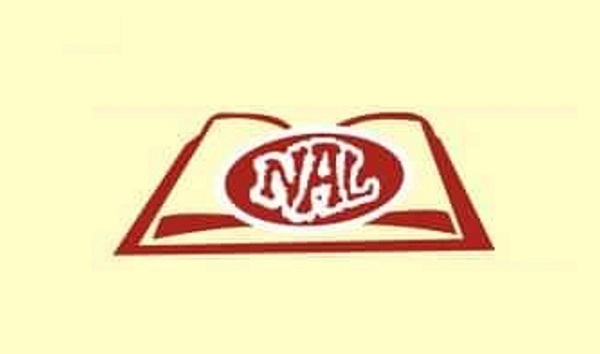The Nigerian Academy of Letters (NAL) has said its main interest in political governance at all levels in Nigeria is to ensure that the democratic system of government being practiced is able to make lives more meaningful to ordinary Nigerians.
The group said anything other than that is unacceptable, as governance, according to them, is about making people happy and feel a sense of belonging.
The President of the Academy and Professor of History, Sola Akinrinade, gave this position at the maiden edition of the virtual lecture series of the academy recently.
NAL is an apex and autonomous non-political professional organisation that promotes scholarship and public interest in the humanities at the highest level.
Akinrinade, who is the pioneer Vice-Chancellor of Osun State University, Osogbo, said there are many things wrong with Nigerian democracy as well as political arrangements and governance.
He listed the faulty selection process of party candidates for elections, the imposition of exorbitant application fees for elective positions, high political apathy among Nigerians, election rigging, limited political freedom, and so forth as challenges facing Nigeria’s democracy.
He argued that the adverse consequences of this narrative manifest in the form of poor leadership, mass corruption, hunger and poverty, high unemployment, crime and criminality, and disregard for the rule of law, and fundamental human rights, among others.
Akinrinade said it was against this backdrop, among others, that the Academy decided to institute a periodic dialogue to serve as a platform to interrogate issues of national concern across sectors to solve them.
He thanked the keynote speaker, Prof. Godwin Sogolo, who is also a member of the Academy, for taking up the role, saying he believes his knowledge sharing on the topic of the day will help tremendously in addressing the issue at stake.
In his lecture, Prof. Sogolo from the National Open University of Nigeria (NOUN) said that even though the deficits of democracy in Nigeria outweigh its gains, it would still be invalid to say that the system has failed.
According to him, we cannot, as a country, attribute all our socio-economic challenges to governance, as to do so would be to commit the common mistake of seeing democracy as a finished tool for resolving political and socio-economic challenges.
Sogolo argued that though there are lots of shortcomings such as weak institutions, poor leadership, high political apathy among citizens, weak local government administration, lack of checks and balances between the executive and legislative arms, the overbearing influence of governors on lawmakers and local government chairmen, mass corruption, and so forth that have painted democracy in a bad light in Nigeria, the system is still the best form of government.
He added that, after all, there is no perfect democracy anywhere globally, and there is also no better alternative to it.
The don, who is a professor of history and restricted his lecture to the last 23 years of Nigerian democratic rule, explained that democracy is an organic process that is expected to continue to evolve and improve until it reaches a satisfactory level.
According to him, democratisation is an evolutionary, not a revolutionary, process of governance, and it must be constantly reformed, reworked, and adapted to specific circumstances and environments.
“There is always hope that relentless democratisation will lead to the desired perfection and achieve it, which requires general citizen involvement,” Sogolo concluded.
FULL LIST: 45 visa-free countries Nigerian passport can travel in 2024
Nigeria sits behind Ghana, Guinea, Kenya, Lesotho, Morocco, Benin Republic and Namibia which are at…
How my brother and I became professor same day in same varsity —UNILORIN don
Recently, two brothers –Ahmed Oloduowo Ameen and Mubarak Oloduowo Ameen– were promoted to…
‘I expected N2,000 as my share from sale of human head we got at Saki cemetery’
Thirty-two-year-old Alli and Abdullahi, aged 35, who were the two suspects arrested by…
Why Port Harcourt refinery is yet to start production—Soneye, NNPCL Chief Comm Officer
Mr Femi Soneye is the Chief Corporate Communications Officer (CCCO) of the…
Fear women, fair women and Minister Ojo
Betta Edu, Sadiya Umar-Farouq and Halima Shehu are the reigning women in our…
What you should know about play
ers in Nigerian 2024 AFCON team
The Nigerian football team have appeared in the finals of the Africa Cup of Nations on twenty different occasions. Nigeria has…
